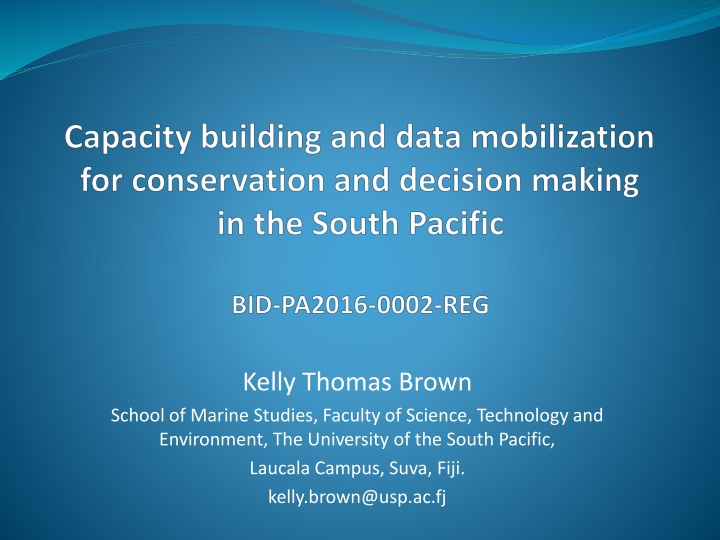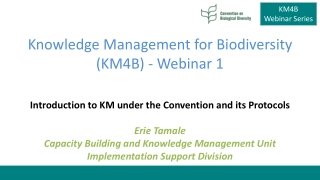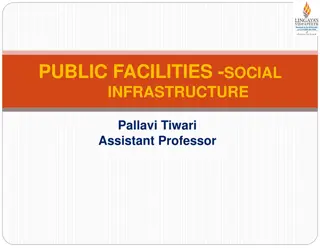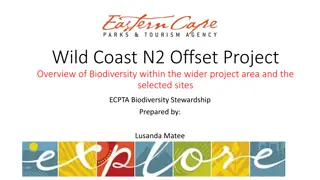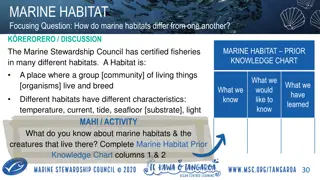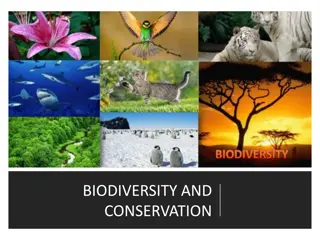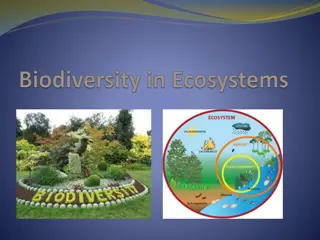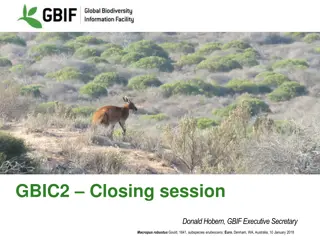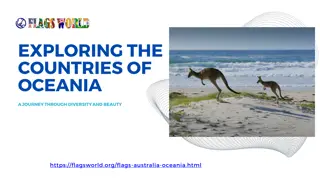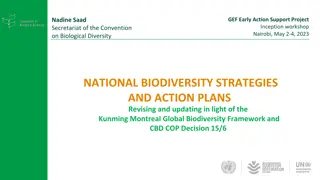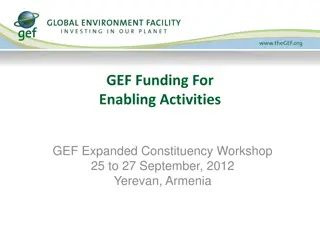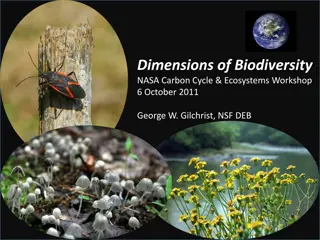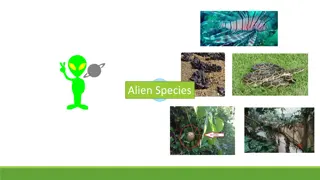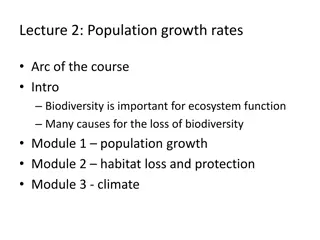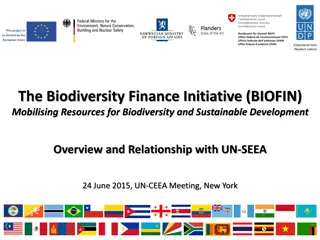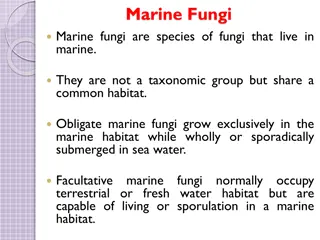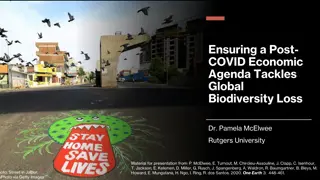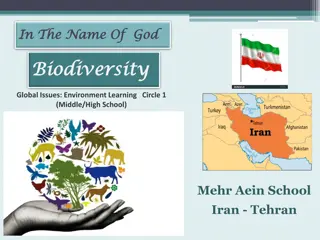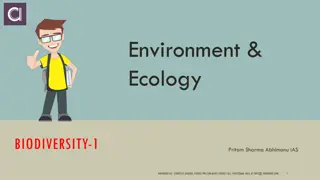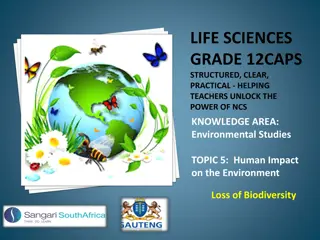Marine Biodiversity Data Collection Project in Oceania
Collaborative project led by Kelly Thomas Brown at the University of the South Pacific aiming to standardize georeferenced biodiversity data collection in the Oceania region. The project focuses on training data generators and decision-makers in efficient data management techniques. It involves various partners and aims to enhance marine conservation efforts through data standardization.
Download Presentation

Please find below an Image/Link to download the presentation.
The content on the website is provided AS IS for your information and personal use only. It may not be sold, licensed, or shared on other websites without obtaining consent from the author.If you encounter any issues during the download, it is possible that the publisher has removed the file from their server.
You are allowed to download the files provided on this website for personal or commercial use, subject to the condition that they are used lawfully. All files are the property of their respective owners.
The content on the website is provided AS IS for your information and personal use only. It may not be sold, licensed, or shared on other websites without obtaining consent from the author.
E N D
Presentation Transcript
Kelly Thomas Brown School of Marine Studies, Faculty of Science, Technology and Environment, The University of the South Pacific, Laucala Campus, Suva, Fiji. kelly.brown@usp.ac.fj
BID-PA2016-0002-REG: Government of the Solomon Islands. Ministry of Environment, Climate Change, Disaster Management & Meteorology Environment & Conservation Division School of Marine Studies Fisheries, Aquaculture & Marine Ecosystems Division
Non-ACP consortium partner: Project collaborator: www.vertnet.org
Why come together to undertake this type of Project?
Source: http://www.lib.utexas.edu/maps/islands_oceans_poles/oceania_95.jpg
Source: http://www.lib.utexas.edu/maps/islands_oceans_poles/oceania_95.jpg
Source: http://www.lib.utexas.edu/maps/islands_oceans_poles/oceania_95.jpg
Source: http://www.lib.utexas.edu/maps/islands_oceans_poles/oceania_95.jpg
Source: http://www.lib.utexas.edu/maps/islands_oceans_poles/oceania_95.jpg
The Marine Collection at the School of Marine Studies (USP)
Project goals: motivate the collection and standardisation of georeferenced biodiversity data across the region, train a cadre of data generators and decision makers in how to collect, manage, digitise and publish biodiversity data, and lay the foundation for a collaborative network of biodiversity researchers and resource managers who can identify overlapping interests and regional needs to develop new initiatives.
Project activity: Conduct a 5 day training workshop in Suva, Fiji (July 2018). Collection managers, academic researchers and conservationists (Fiji, New Caledonia, the Solomon Islands & Vanuatu). Instruction and hands-on exercise on how to mobilise and digitise data (CSUMB & VertNet). Publish marine biodiversity datasets to GBIF.
Workshop objective #1 Network building collaborative network of biodiversity researchers. USP as the hub for biodiversity data in the region. Enroll partners in Diversity of the Indo-Pacific Network (DIPnet; diversityindopacific.net). Training in use of biodiversity data in public repositories: GBIF, DIPnet and VertNet.
Workshop objective #2 Training (digitisation, quality control) Publishing - occurence data (mainly USP) and, - checklist data for the participating countries Checklist images from www.spc.int
Workshop objective #3 Training on how to use biodiversity data as a management tool. Training using software R and Biodiversity Data Visualization.
Lessons from the Pacific BID Workshop with regards to our Project: We are now in a better position to plan for and prepare our institutional data for GBIF publishing ahead of the Project Workshop (2018). Incorporate into future research/collection reporting. We now have 3 potential helpers for our Project Workshop. Source: Christina Shaw. VESS.
Teaching and mentor team, thank you so much for the instruction and guidance (and patience)! Vinaka vakalevu! Tanggio! Tangkiu tumas!
